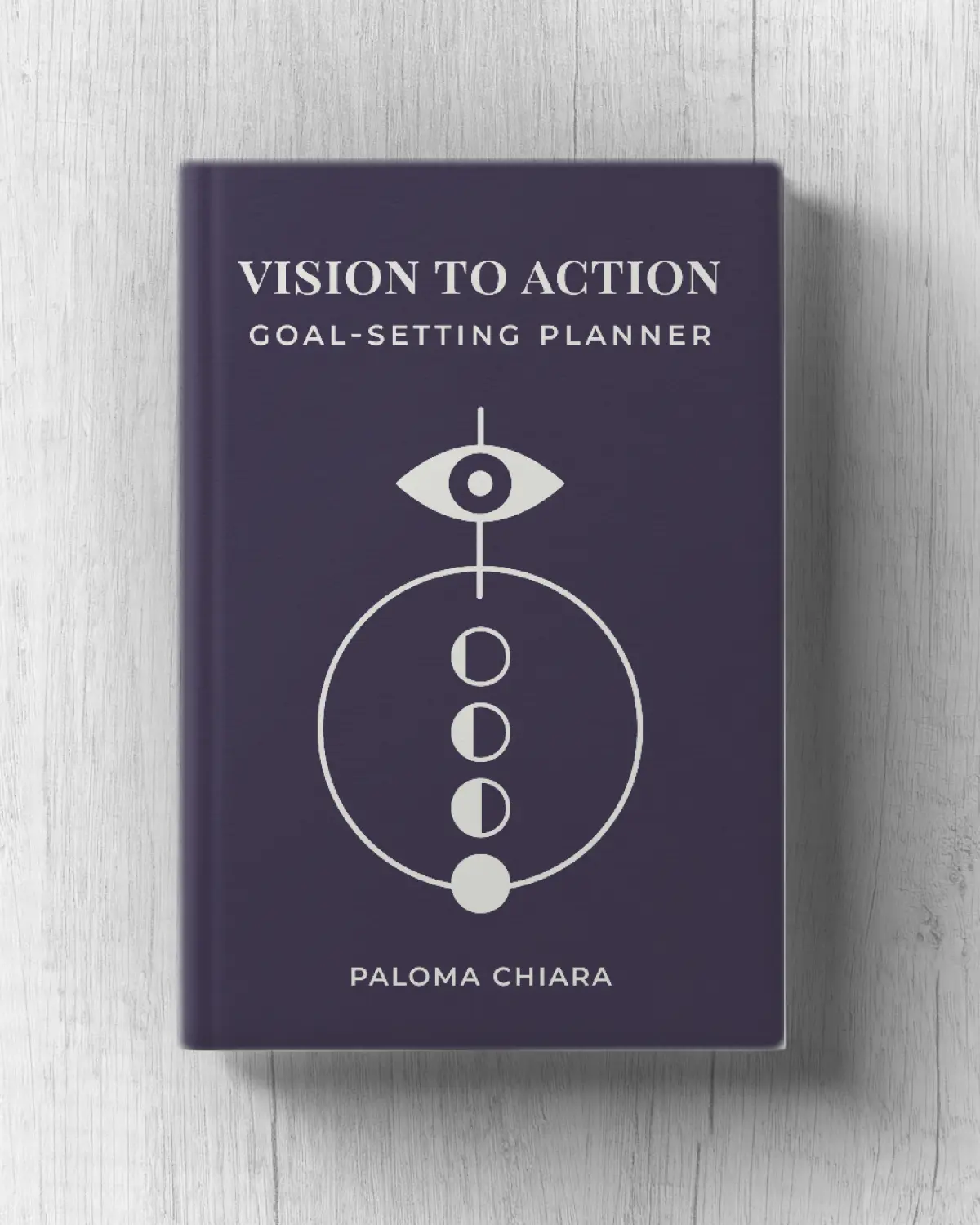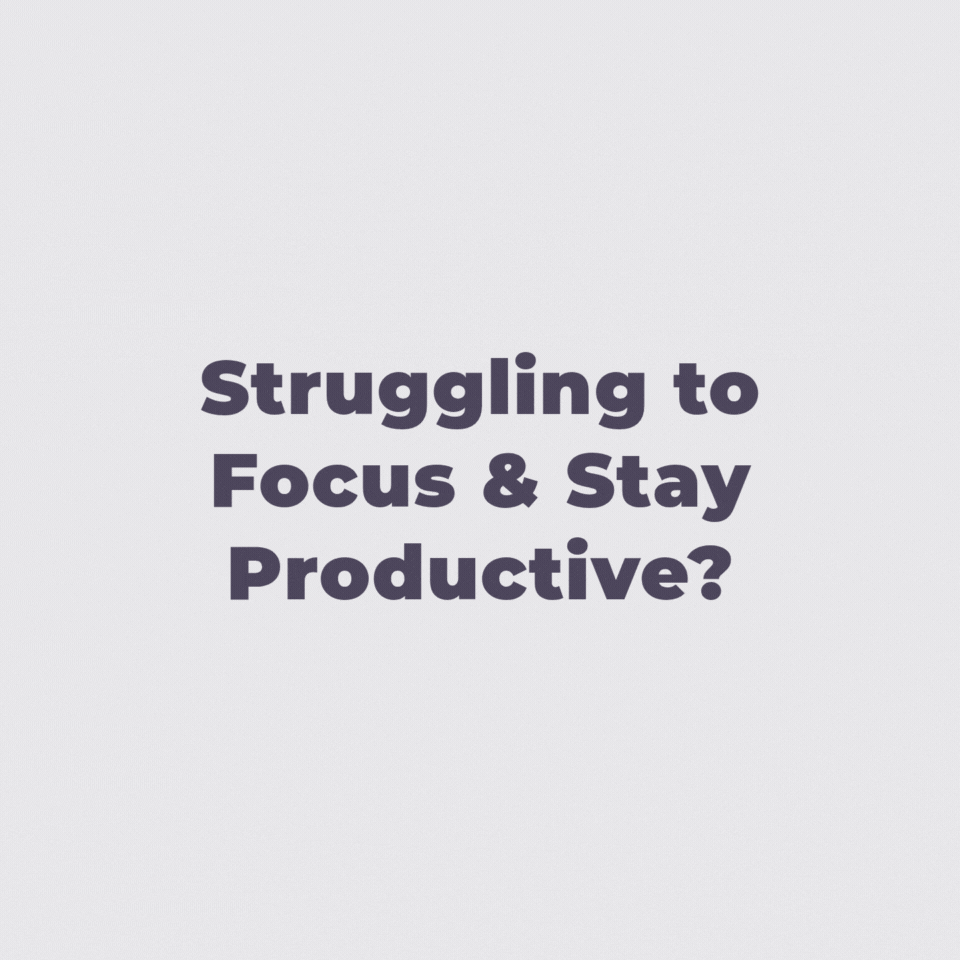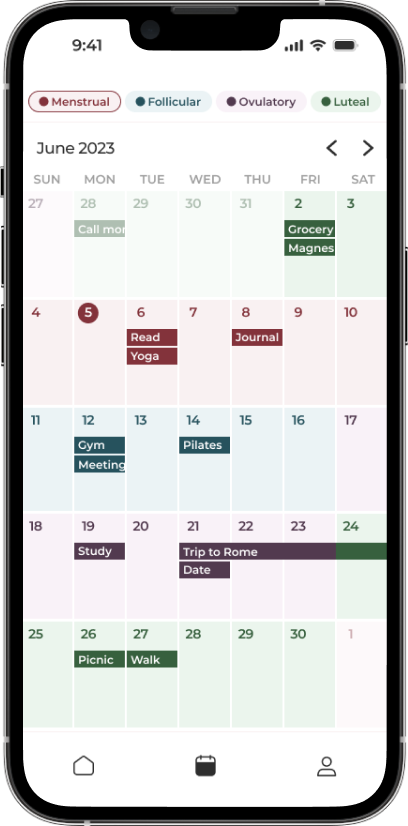How to Life Coach Yourself

Life coaching, a practice dedicated to personal development and goal achievement, has gained popularity as individuals seek to enhance their lives. While many enlist the help of professional life coaches, some wonder if they can take on the role of their own life coach. The answer is yes, but it requires specific qualities, strategies, and a disciplined approach. In this comprehensive guide, we’ll explore how to life coach yourself effectively. We’ll discuss the qualities you need, the steps to take, and offer guidance on when to seek professional assistance. By the end of this article, you’ll have the tools and knowledge to embark on your self-coaching journey.
Qualities You Need for Self-Life Coaching
Before delving into the steps of self-life coaching, it’s essential to understand the qualities and characteristics required to be an effective self-coach. These qualities will form the foundation of your self-coaching journey:
1. Self-Discipline
Self-discipline is the cornerstone of self-coaching. It’s the ability to set goals, create plans, and execute them consistently, even when there’s no external accountability. You must hold yourself accountable for your progress.
2. Self-Motivation
Self-coaching requires a high level of self-motivation. You’ll need to stay committed to your goals and push yourself to take action, especially when faced with challenges or setbacks.
3. Self-Reflection
Self-awareness is crucial for effective self-coaching. You must be capable of honest self-reflection, identifying your strengths, weaknesses, and areas that need improvement.
4. Goal-Setting Proficiency
Setting clear, achievable goals is fundamental to self-coaching. You should be skilled at defining your objectives and creating action plans to reach them.
5. Problem-Solving Abilities
Life coaching often involves overcoming obstacles and solving problems. Being a proficient problem solver will help you navigate challenges effectively.
6. Time Management Skills
Efficient time management is vital to balance your self-coaching activities with other responsibilities in your life. You’ll need to allocate your time wisely and prioritize tasks effectively.
7. Emotional Intelligence
Understanding and managing your emotions is essential for self-coaching. You’ll encounter moments of frustration, self-doubt, and setbacks. Emotional intelligence can help you stay resilient.

Check out the Vision to Action Planner for only 6$
More info8. Accountability
Accountability is a critical aspect of self-coaching. You must hold yourself accountable for your actions, decisions, and progress toward your goals.
Steps to Life Coach Yourself
Now that we’ve outlined the qualities required let’s delve into the steps you can follow to effectively life coach yourself:
1. Clarify Your Goals
The first step in self-coaching is to clarify your goals. What do you want to achieve in your personal or professional life? Be specific and define your objectives clearly.
2. Create an Action Plan
Once you have defined your goals, create a detailed action plan. Break down your goals into smaller, manageable steps. Outline the specific actions you need to take to move closer to your objectives.
3. Set a Timeline
Assign deadlines to each step of your action plan. Having a timeline creates a sense of urgency and helps you stay focused on your goals.
4. Monitor Your Progress
Regularly review your progress. Track your actions, accomplishments, and setbacks. Be honest with yourself during these assessments, and adjust your approach if necessary.
5. Seek Feedback
Don’t hesitate to seek feedback from trusted friends, family members, or mentors. They can provide valuable insights and perspectives on your progress.
6. Stay Motivated
Maintaining motivation can be challenging when you’re self-coaching. Find ways to keep yourself motivated, such as visualizing your success, setting rewards for milestones, or joining a supportive community.
7. Overcome Challenges
Expect challenges and setbacks along the way. When they arise, approach them as opportunities for growth. Develop strategies for overcoming obstacles and staying resilient.
8. Practice Self-Reflection
Regularly engage in self-reflection. Assess your strengths, weaknesses, and areas where you need improvement. Use this self-awareness to refine your coaching approach.
9. Adapt and Adjust
Flexibility is key in self-coaching. Be willing to adapt your action plan and strategies as you learn and grow. What works for you may evolve over time.
10. Celebrate Achievements
Celebrate your successes, no matter how small they may seem. Acknowledging your achievements reinforces your motivation and commitment.
When to Seek Professional Assistance
While self-coaching is a valuable practice, there are instances when professional assistance can make a significant difference:
1. Stagnation
If you find yourself consistently unable to progress or achieve your goals despite your best efforts, a professional life coach can provide fresh insights and strategies.
2. Lack of Clarity
If you struggle to define clear goals or feel overwhelmed by the complexity of your objectives, a life coach can help you gain clarity and create a structured plan.
Quiz: What Is Blocking Your Success?
This quick quiz will help you figure out which mental or behavioral pattern might be holding you back from achieving your full potential. Identifying your specific success blocker is the first step toward breaking through to new levels of achievement and fulfillment.
Read each question and choose the answer that feels most true to your situation.
No email or payment is required to complete the quiz and receive your personalized insights.
Once you have your primary success blocker, you have clarity about what’s been holding you back. This awareness is powerful—many people spend years struggling without understanding the specific pattern that’s limiting their progress.
Remember, these patterns aren’t permanent character traits but rather habitual ways of thinking and behaving that can be changed with the right guidance and practice.
If you’re ready to break through your specific blocker and achieve the success you know you’re capable of, send me an email to try out a coaching session. Your breakthrough awaits!
3. Emotional Challenges
Dealing with deep-seated emotional issues or persistent self-doubt may require the expertise of a trained professional. A therapist or counselor can offer the support you need.
4. Complex Situations
In situations involving complex relationships, career decisions, or major life transitions, a life coach with specialized expertise can provide valuable guidance.
5. Accountability
If you struggle with self-accountability or find it challenging to stay motivated on your own, a life coach can serve as a dedicated accountability partner.
Conclusion
Coaching yourself can be a rewarding and empowering journey if you possess the necessary qualities and follow a structured approach. However, it’s important to recognize when professional guidance is warranted, especially in situations where challenges are persistent or complex. If you’re ready to embark on your self-coaching journey but feel that you could benefit from expert support, I’m here to help. With my experience and knowledge, I can provide the guidance and accountability you need to stay on track. Contact me today to take the next step towards achieving your personal and professional goals.
Still waiting for the 'perfect time'?
Email me what you'd do if you stopped making excuses. We'll work backwards from there.
Let's startRecent posts
-
The Complete Guide to Becoming a High Achiever
Read blog -
How To Make a Positive Impact in Your Community
Read blog -
What Is the “Winter Arc” Challenge?
Read blog -
What Is "the Great Lock-In" and Should You Try It?
Read blog -
What Are the 75 Hard and Soft Challenges?
Read blog -
How to Validate Yourself
Read blog

The App Made To Sync Your Lifestyle to Your Menstrual Cycle.
A solution for women who are looking to keep track of what they sync to their cycles, such as fitness, diet, etc. by adding it to a calendar that also predict their phases.
Learn more





Comment